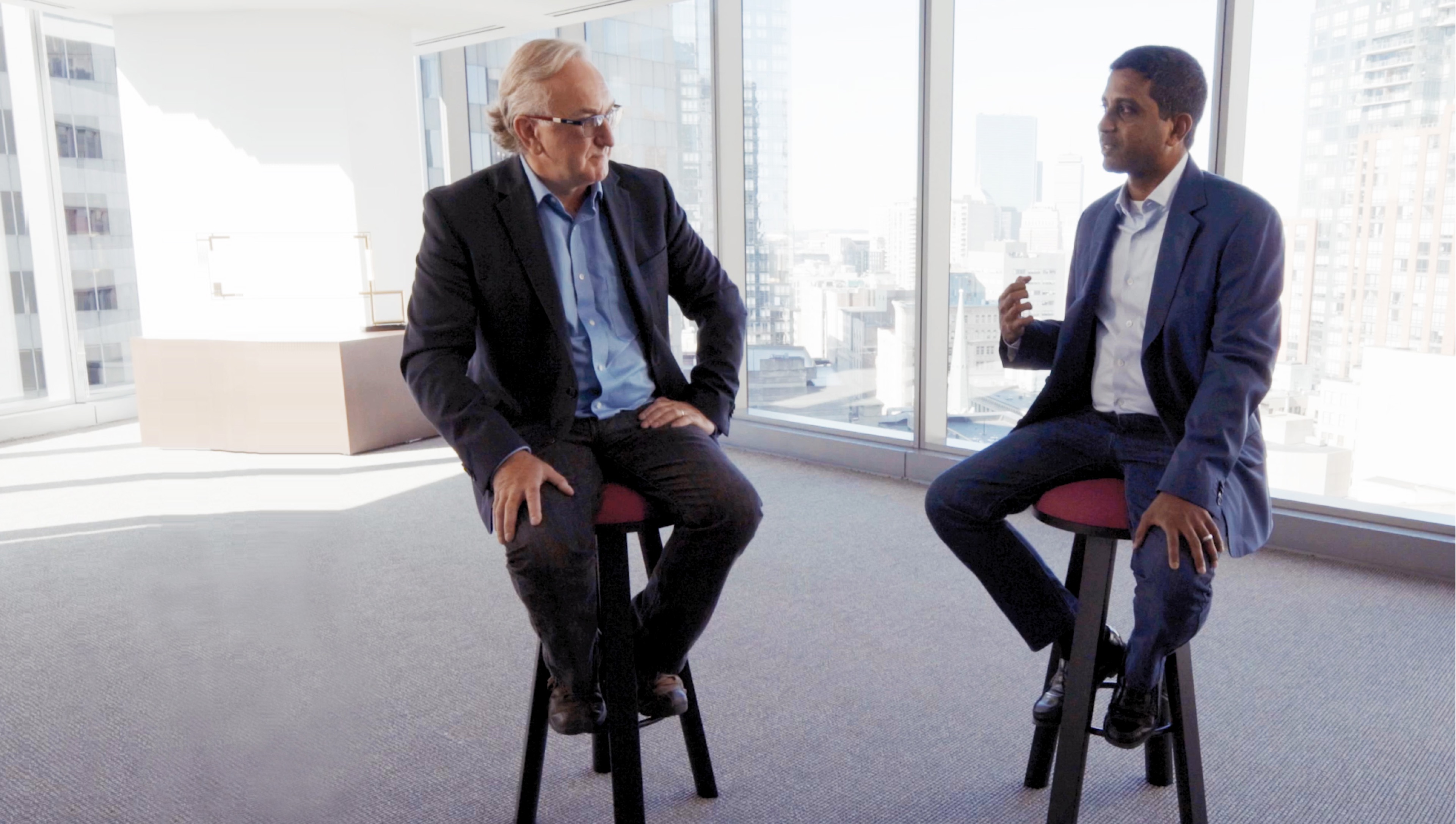Both are deeply knowledgeable about digital business transformation, but come at it from entirely different perspectives: Nigel Fenwick as a leading industry analyst and advisor and Nigel Vaz as the head of a global consulting firm. The conversation begins by making an important distinction between a digitized business, which applies technology to existing business models, leading to optimized processes, cost reduction and productivity gains, and a digital business, that leverages software to drive revenue growth, resulting in new business opportunities. It continues with anecdotes and lessons learned from two experts who’ve each played pivotal roles in helping companies shift to a digital business model.
During their time together, Nigel Fenwick and Nigel Vaz unearth five little-known, yet powerful, truths about digital business transformation. Understanding them could be the determining factor for success as companies continue to refine, innovate and reinvent their businesses. Here are our takeaways from the conversation:
1. Product-centric companies must become software and engineering organizations. Transitioning to a digital business is not easy—particularly for traditional product companies. They will need to make the shift from a company that produces products to a software business that also produces physical products—able to turn capability into revenue. Why the shift to a software business mindset? Product companies typically think linearly with a clear beginning and end to product development. Software development and management, on the other hand, is continuous and ever evolving, adding new functionality and incremental changes as a reaction to customer, business and market demands. The ability to continually pivot and improve upon oneself is at the heart of digital transformation. Organizations will also need to change how they bring new capabilities and functionality on board. Most have used a systems integration approach, stitching together “best in class” products, but that model no longer works in the digital world. Companies need to adapt an engineering mindset that drives bespoke solutions designed to create a competitive advantage.
















